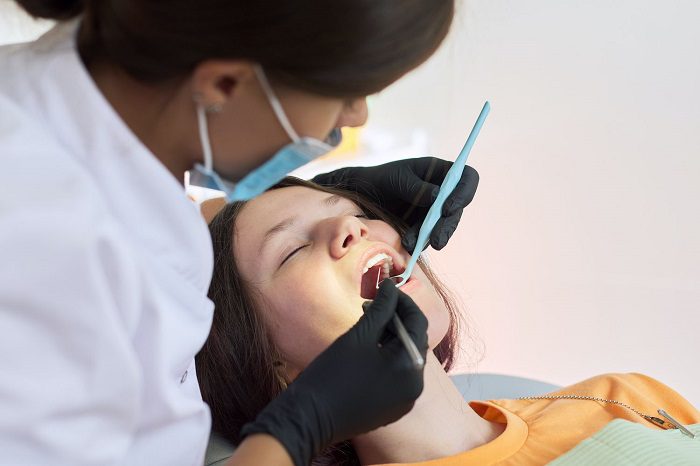Feeling nervous about undergoing dental work is common, affecting about 20% of adult dental patients. To combat dental fear and ensure people feel at ease getting the dental care they need, modern dentistry prioritizes patient comfort. This means they have the training and expertise to help you relax in their office.
They also have medication options that can induce a calm feeling to make you have a more positive experience in your dentist’s care. Sedation dentistry involves targeted medicine that makes you feel relaxed during a dental procedure.
You can feel more comfortable about pursuing this dental treatment when you know what to expect from it, including potential side effects. To feel more at ease during your dental work, read on and learn more about the effects of sedation dentistry.

Is Sedation Dentistry Safe?
You can rest assured that sedation dentistry is a safe dental treatment for patients of any age. Your dentist trains with this medication so that you can feel confident they can administer this treatment properly and easily.
The dentist will evaluate your medical history along with your comfort levels and dental needs to ensure sedation dentistry is right for you. Discuss your concerns as well as your desired results with your dentist so that they know your preferences. The dentist can also describe what you can anticipate with each type of sedation to find the right option for your goals.
What Does Dental Sedation Feel Like?
The effects of dental sedation will differ depending on which type you choose to pursue with your dentist. Nitrous oxide, also known as laughing gas, refers to wearing a nasal mask to breathe this sedation medicine during your dental procedure. You will feel a relaxed, euphoric sensation as you breathe this treatment.
Nitrous oxide will not make you feel disoriented or groggy. So you will not have to worry about the lasting effects of this treatment. Oral sedation, however, might affect your awareness and consciousness. You take a tablet prior to your appointment which can make you feel relaxed enough to fall asleep or not remember your dental work.
IV sedation refers to delivering the medicine intravenously, which will make the patient feel both calm and drowsy. With all three sedation options, you can see lower stress as well as a reduced gag reflex. These can ultimately lead to an improved experience at your dentist’s office.
How Long Will Dental Sedation Effects Last?
As mentioned, effects, including longevity, will vary depending on the type of dental sedation you select. Effects from laughing gas will stop quickly once a dentist removes the mask and you breathe normally again. This way, you can drive home without issue and return to your usual activities right away.
However, dentists cannot control the effects of oral sedation. So it may take a few hours for the groggy feeling to fade. You can anticipate downtime and will require an arranged lift home from your dentist’s office.
IV sedation effects can start to fade after a dentist stops administering the medicine, but disorientation may last the rest of the day. So as with oral sedation, expect to adjust your schedule for some downtime.
